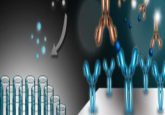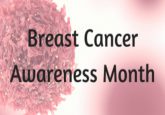Will next-generation agents deliver on the promise of epigenetic hypomethylation therapy?
Epigenetic changes, similar to mutations, have been implicated in the malignant behavior of tumors. Although the rate of acquisition of somatic mutations plateaus early in mammalian life, epigenetic drift of the genome steadily increases with age [1,2]. DNA methylation of CpG sites in gene promoters is a physiologic process in silencing genes important for development. This process is usurped in cancer and stable aberrant methylation maintaining reduced expression of genes in malignant cells is essential to their success. These observations led to the investigation of azacitidine (AZA) and decitabine, originally developed as cytotoxic agents, at lower doses where their hypomethylating activities predominate [3]. The hypomethylating active moiety for both agents is decitabine, which, after phosphorylation, is incorporated into DNA.
Click here to view the full article in Epigenomics.





